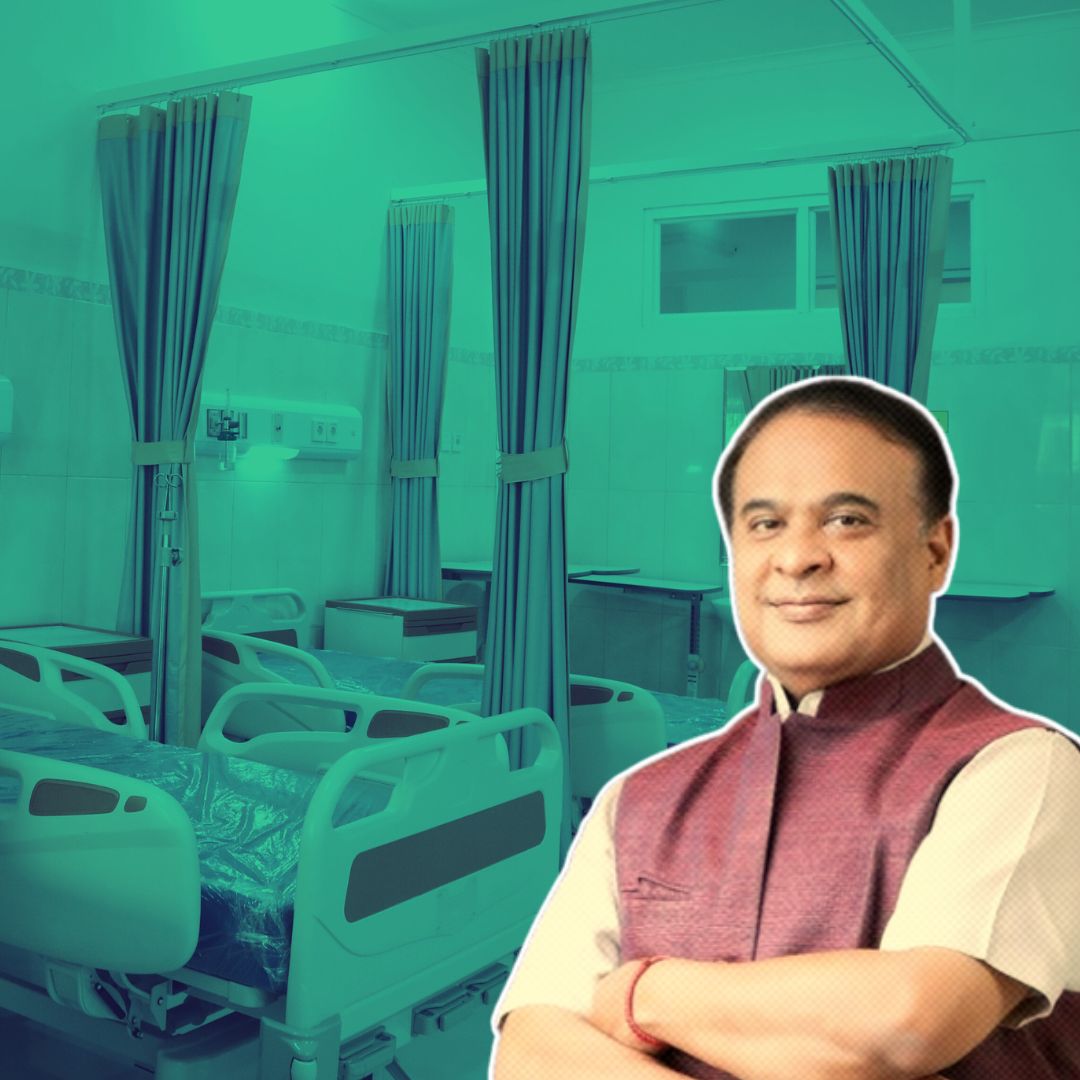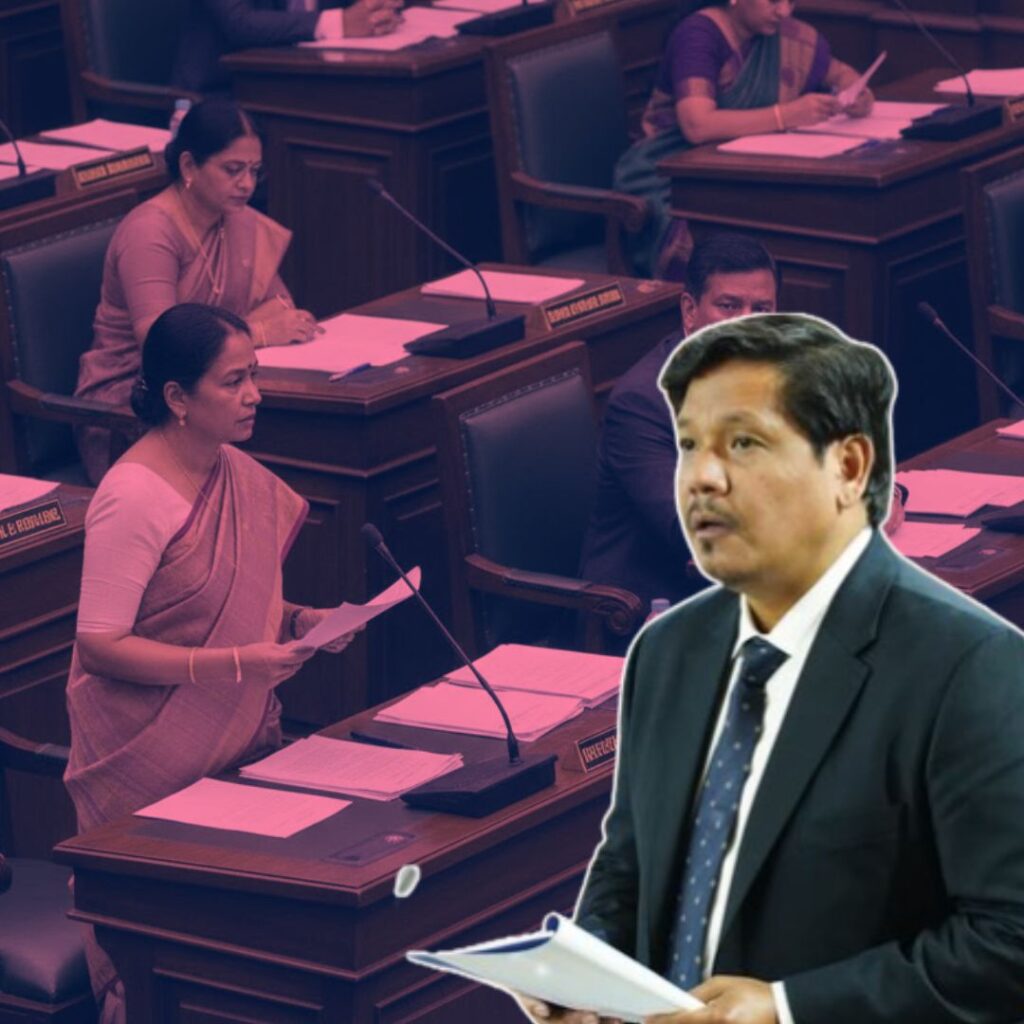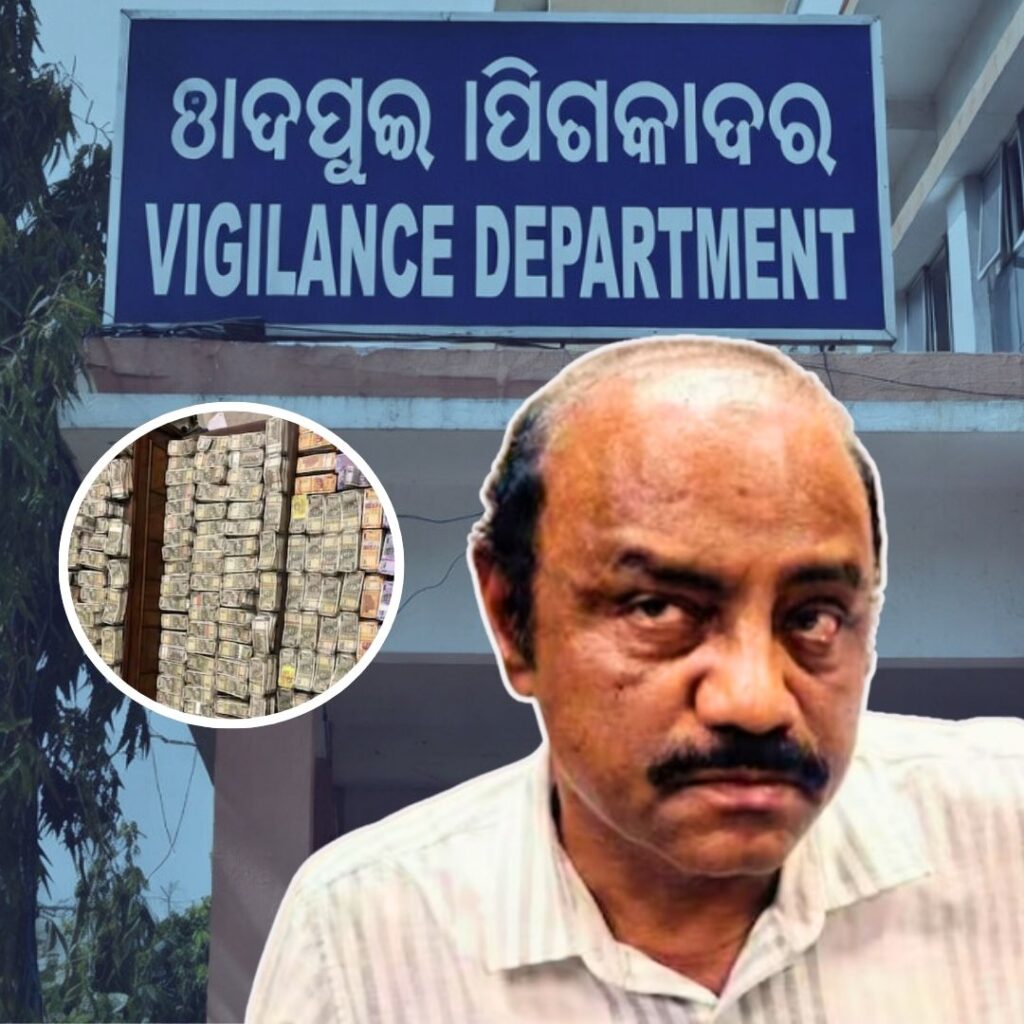The Assam cabinet has introduced a sweeping new policy mandating all private hospitals and nursing homes to release the bodies of deceased patients within two to four hours of death certification, irrespective of outstanding bill payments.
Announced by Chief Minister Himanta Biswa Sarma on July 10, 2025, this decision comes in response to widespread complaints about hospitals withholding bodies to coerce families into settling dues—a practice the government has labelled as “inhuman” and “against human dignity.”
Hospitals violating this rule will face suspension of their licence for three to six months and a fine of up to ₹5 lakh, with repeat offenders risking permanent deregistration. The government has also launched a 24×7 toll-free helpline (104) for families to report such incidents, ensuring immediate intervention and legal action against erring institutions.
Hospitals Held Accountable: “No More Hostage” Policy
Chief Minister Himanta Biswa Sarma, addressing the media after the cabinet meeting, expressed deep concern over the emotional trauma inflicted on bereaved families by hospitals detaining bodies due to unpaid bills. “Dead bodies cannot be kept hostage. This is against human dignity,” Sarma stated, underscoring the government’s zero-tolerance approach.
The new directive, effective from August 1, 2025, compels all private medical establishments to release bodies within two to four hours of death certification, regardless of payment status. To enforce this, the government has set up a robust grievance redressal mechanism: upon receiving a complaint via the helpline, the District Health Officer, local police, and hospital grievance committee are required to intervene immediately.
If wrongful detention is confirmed, authorities will facilitate the release of the body and initiate legal proceedings, including suspension of the hospital’s licence and imposition of fines. Repeat offenders may face permanent cancellation of their operating licence, sending a strong message that such practices will not be tolerated in Assam.
Addressing a Systemic Problem: Background and Context
The cabinet’s decision follows a series of distressing incidents reported across Assam, where families were forced to wait for days or even sign blank cheques to retrieve the remains of their loved ones from hospitals. According to government sources and media reports, some institutions held bodies for up to three or four days, using them as leverage to extract payment.
This practice not only caused immense emotional distress but also violated fundamental rights enshrined in the Indian Constitution. Legal experts have pointed to Article 21, which guarantees the right to dignity even after death, and cited Supreme Court rulings that uphold this principle. The Assam government’s new policy is part of a broader push to regulate private healthcare and ensure ethical practices.
Alongside the new rules, the cabinet has approved a Standard Operating Procedure (SOP) and regulatory guidelines for hospitals, and police departments are being briefed to ensure swift enforcement. Public awareness campaigns are also being planned to inform citizens of their rights under the new law, empowering families to seek help without fear of intimidation or reprisal.
The Logical Indian’s Perspective
Assam’s decisive action represents a significant step forward in prioritising human dignity within the healthcare system. The Logical Indian commends the state government for standing up for the rights of grieving families and sending a clear message that compassion and justice must guide medical practice.
By establishing strict penalties and a transparent grievance mechanism, Assam is setting a benchmark for humane healthcare governance.
However, the real test will lie in effective implementation and public awareness. We encourage other states to take inspiration from Assam’s example and adopt similar reforms, ensuring that no family is subjected to further suffering in their moment of loss. As we reflect on this development, we ask: What more can our society and authorities do to uphold dignity and support families during times of crisis?












